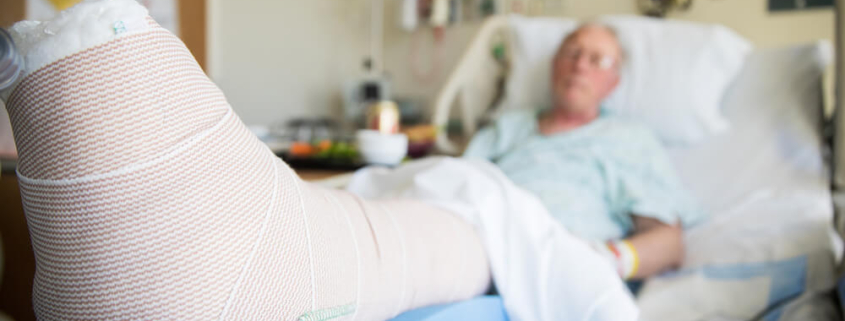Most Common Types of Bone Fractures
There are more than 200 bones in the human body, and several of them are at risk of a fracture during a crash. Some fractures are more serious than others; this depends heavily on the location of the break, the age of the victim, and other specific factors. There are cases in which a victim who breaks a bone will make a full recovery. But in other cases, the fracture could result in long-term physical problems.
If you or someone close to has suffered a personal injury in West Virginia, Bailey, Javins, and Carter L.C. is here to help! Our firm has a successful track record of recovering maximum compensation on behalf of accident victims, and we work hard to ensure that all parties responsible for our client’s injuries are held fully accountable. Call our office today at (800) 497-0234 or (800) 296-6979 to schedule a free consultation and case assessment with a member of our legal team.
Types of Fractures that Can Occur
There are seven main types of bone fractures that victims typically sustain:
- Transverse Fractures: These are breaks that run in a straight line across the bone.
- Spiral Fractures: As the name implies, these are fractures that spiral around the bone. Spiral fractures typically occur with longer bones such as the tibia or femur.
- Compression Fractures: These are fractures that occur when a bone gets crushed or compressed, and they most often happen in the spine.
- Comminuted Fractures: These are fractures that shatter the bone into three or more pieces, and they are most often the result of high-impact trauma such as an accident that occurs at a faster speed.
- Oblique Fractures: This type of fracture happens diagonally across the bone and most frequently in longer bones. The most common cause of an oblique fracture is a sharp blow to the bone that comes from an angle.
- Impacted Fractures: This type of fracture often occurs in a high-impact crash when both ends of a bone are broken and jammed together by the force of the crash.
- Avulsion Fractures: These are fractures that happen when a fragment of the bone is dislodged from the rest of the bone by a ligament or tendon. Avulsion fractures are more common in children who are injured in vehicle crashes.
Some of the most common bones that might end up getting fractured in an accident include:
- Arm and Wrist: When an unexpected crash occurs, a frequent instinctive reaction is for a person to put their arms in front of them while bracing themselves. This makes the arms vulnerable to a fracture from the impact of the crash. The wrists are also vulnerable for the same reason.
- Tibia, Fibula & Femur: The impact of an 80,000-pound commercial truck crashing into a car can cause a large portion of the car to cave in, leaving the legs trapped. This puts bones in the leg like the tibia, fibula, and femur in a very compromised position, making them susceptible to a fracture.
- Rib: A high-impact crash can severely jolt a person’s internal organs, and it could also cause a rib to get fractured.
- Clavicle: Also known as the collarbone, the clavicle is a fragile bone that breaks easily, and it is very vulnerable in a collision.
- Back: Those involved in rear-end and head-on collisions are particularly susceptible to a fractured disc in their back.
- Hip and Pelvis: The hip joint is very important for our ability to move because it connects the thigh to the pelvis. During a major crash, a vehicle cave-in can cause an occupant to sustain a hip fracture. Pelvic fractures are also a possibility in this scenario, although they tend to occur more often among motorcyclists who are victims of vehicle crashes.
Contact Our Experienced West Virginia Injury Lawyers
Fractures can leave a victim laid up for several weeks or even months, and in the worst cases, they could end up with permanent or fatal injuries. When these injuries are caused by the negligence of another person or party, you deserve to be fully compensated.
For strong legal guidance with claims in West Virginia, call Bailey, Javins, and Carter L.C. today at (800) 497-0234 or (800) 296-6979 or message us online. We are ready to go to work for you!




